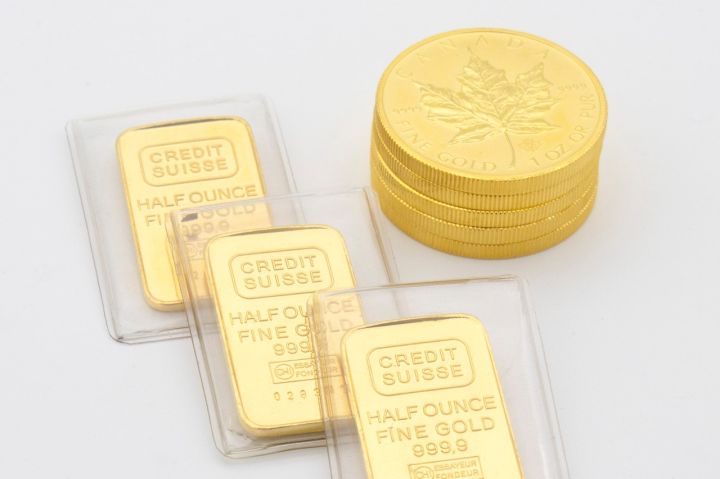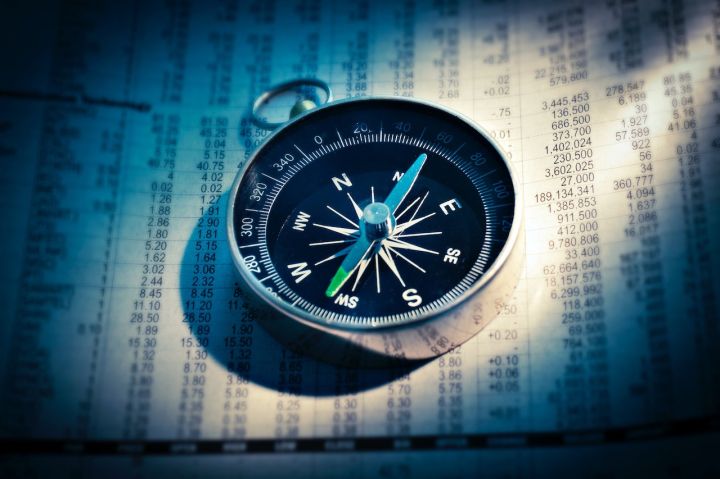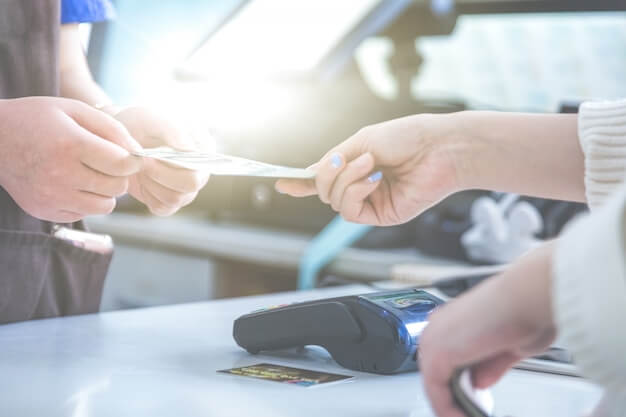The gold market is a place for gold producers and suppliers to trade with demanders. The world's major gold market after several hundred years of development, has formed a more complete trading methods and trading system. Its constituent elements, from the role and function to consider, can be divided into.
(1) To provide services for gold trading institutions and places
In each successful gold market, for gold trading services institutions and places in fact different, specific division, and can be divided into a fixed place of the tangible market and no fixed trading place of the invisible market. London gold trading market and Zurich gold market as the representative, can be called European style; There are in the commodity exchange for gold trading business, to the United States of America's New York Mercantile Exchange and Chicago Mercantile Exchange as the representative, can be called American style; Some gold market in the special gold exchange for trading, to the Hong Kong Gold and Silver Exchange and Singapore Gold Exchange as the representative, can be called Asian style.
European-style gold trading: this type of gold market in the gold trading does not have a fixed place. For example, the London gold market, the whole market is by the major gold merchants, affiliated companies’ interconnection composition, through the gold merchants and customers between the telephone, telex, etc. for trading; and Zurich gold market, by the three major banks for customers to buy and sell and responsible for the settlement of accounts clearing. The buying and selling prices on both the London and Zurich markets are more confidential and the volume of trading is difficult to estimate in real terms.
American-style gold trading: This type of gold trading market is based on a typical futures market and is similar to other commodities traded on this market. The futures exchange, as a non-profit institution, does not participate in the trading itself, but only provides the premises and equipment, and sets the relevant regulations to ensure that the trading is carried out fairly and equitably, and that the trading is strictly monitored.
Sub-style gold trading: This type of gold trading generally has a special gold trading venue, while the futures and spot trading of gold, trading in a membership system, only companies and banks that meet certain requirements may become members, and the number of members quota has extremely strict control. Although the number of members entering the trading floor is relatively small, the reputation is extremely high. Take the Hong Kong Gold and Silver Exchange Society as an example: its trading floor members use the form of open bidding and verbal auction to trade, because the gold dealers in the floor strictly abide by the credit, there are few violations.

(2) Participants in the gold market
Participants in the international gold market can be divided into international gold dealers, banks, hedge funds and other financial institutions, various corporate bodies, private investors and brokers who play a large role in gold futures trading.
International gold dealers: the most typical is the five major gold companies in the London gold market, which is itself a gold dealer, because of its extensive contacts with the world's major gold mines and gold dealers, and the various companies under its umbrella are in contact with many shops and gold customers, therefore, the five major gold dealers will constantly quote the buying and selling prices of gold according to the situation they have. The gold dealers are, of course, responsible for the risk of fluctuations in the price of gold.
Banks: These can be divided into two categories, one of which is simply acting as a buyer, seller and clearer for their clients and does not take part in gold trading itself, represented by the three major banks in Zurich, which act as brokers between producers and investors and act as intermediaries in the market. There are also some that do proprietary business, for example in the Singapore Gold Exchange (UOB) there are several proprietary dealer members that are banks.
Hedge funds: In recent years, international hedge funds, especially those from the United States, have been active in all corners of the international financial market. In the gold market, almost every major fall has been associated with fund houses borrowing short-term gold to sell in the spot gold market and constructing large short positions on the NYMEX gold futures exchange. Some of the largest hedge funds use their inextricable links with the political, industrial, commercial and financial worlds of various countries to capture changes in economic fundamentals before they do, and use the huge amounts of money under management to buy and sell short, thereby accelerating changes in the price of gold in the market and profiting from them.
Various corporate bodies and individual investors: this includes both companies specializing in the sale of gold, such as the major gold mines, gold producers, gold product merchants (such as various industrial enterprises), jeweler houses and private gold collectors, as well as investment companies specializing in gold trading, individual investors and so on. In terms of their preference for market risk, they can be divided into risk-averse and risk-takers: the former want to preserve the value of gold and avoid risk, hoping to reduce the risk of market price fluctuations to a minimum, such as gold producers, gold consumers, etc.; the latter want to benefit from price increases and decreases, and are therefore willing to take market risk, such as various hedge funds and other investment companies.
Broke ‘Firm: A brokerage organization that specializes in acting as an agent for non-exchange members in gold trading and receives commissions. Some exchanges refer to brokers as Commission House. In New York, Chicago, Hong Kong and other gold markets, there are many brokerage companies, they do not own gold themselves, but only send field representatives in the trading floor for customers to act as agents of gold trading, and collect commission from customers.

(3) Relevant supervisory and regulatory bodies
With the continuous development of the gold market, in order to ensure that the market is fair and equitable, to protect the interests of buyers and sellers, to put an end to the market manipulation of prices and other illegal trading practices. Everywhere has established a supervision system for the gold market. For example: the United States Commodity Futures Trading Commission (CFFC), the United Kingdom's Financial Services Authority (FSA), Hong Kong's Hong Kong Securities and Futures Commission and the Monetary Authority of Singapore, etc.
(4) Relevant industry self-regulatory organizations
The World Gold Council: is a non-profit organization formed by the world-wide gold manufacturers, its headquarters is in London, and has offices in major gold markets. Its main function is to maximize world gold sales by inducing structural changes in the gold market (e.g., eliminating taxes, reducing barriers, improving distribution channels in the world gold market, etc.). To create a stable support for world gold production and to project a positive image before all actual and potential buyers of gold.
The London Gold Market Association (LBMA): Established in 1987, its main role is to improve the efficiency and visibility of the London gold market, to attract business to London and to promote the activities of all participants (including gold producers, refiners, buyers, etc.). It also works in conjunction with the relevant UK authorities, such as the Financial Services Authority and the Customs and Excise Department, to maintain a stable and orderly development of the London gold market.





